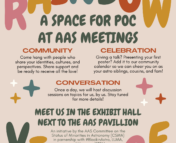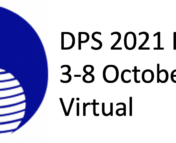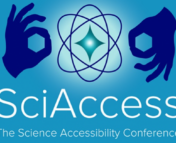This post is part of a series advertising the newly-formed Rainbow Village. The Rainbow Village is a gathering space centered in supporting, celebrating, and building community with people of color at AAS meetings. The space is designed for folks to connect with each other, share and celebrate milestones at the AAS meeting, and grow together through exploratory (‘salon-style’) discussions. For a broader overview of the Rainbow Village and the organizations working to create this space, see our introduction post.
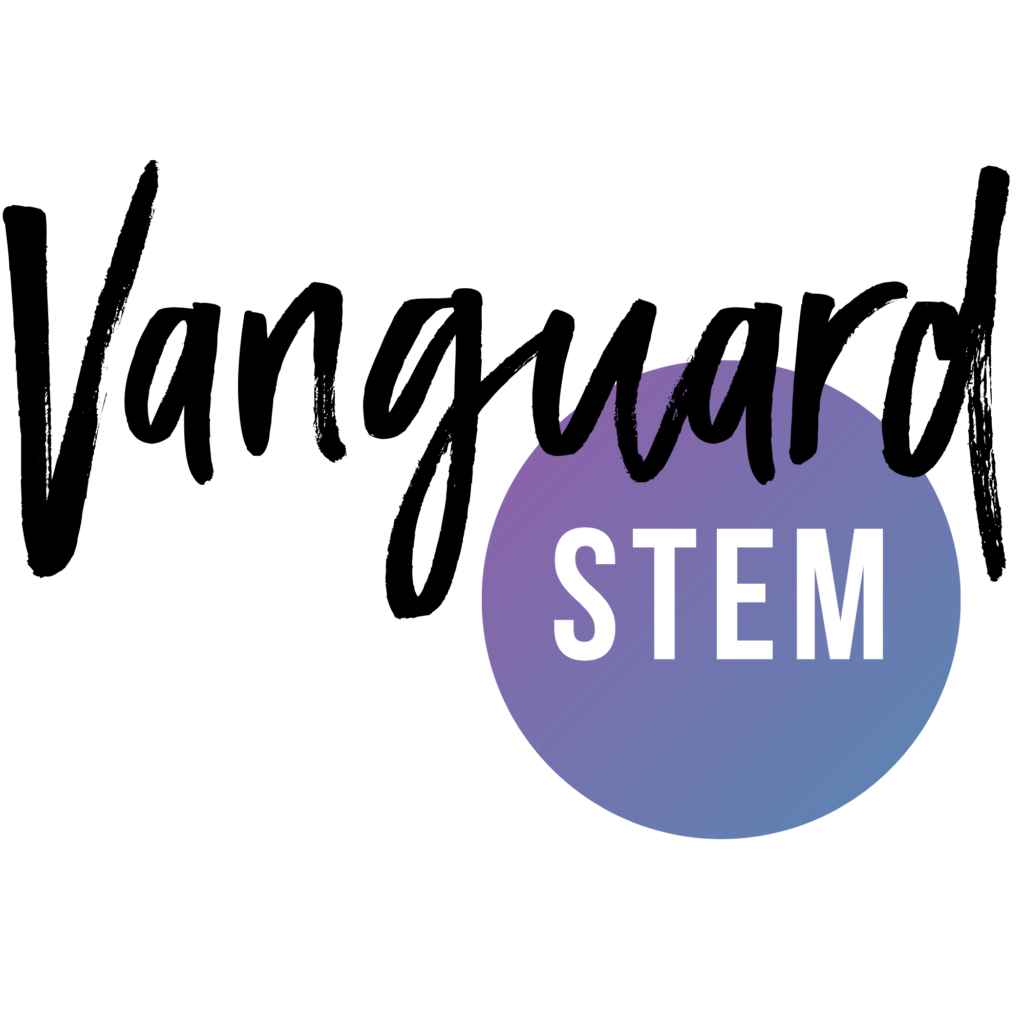
Who is Dr. Long?
Dr. Arianna Long is a NASA Hubble Postdoctoral Fellow at the University of Texas, Austin, the Chief Programming Officer at VanguardSTEM, and soon to be an Assistant Professor of Astronomy at the University of Washington. If it wasn’t already obvious, Dr. Long is not only a bada** scientist but has also found ways to incorporate and prioritize Diversity, Equity, and Inclusion (DEI) efforts into her astronomy career. As she is also one of the lead organizers for the AAS Rainbow Village (RV) and the principal representative of VanguardSTEM for RV programming, I had the privilege to sit down and chat with her about her life and career so far and what she has planned for the upcoming AAS meeting.
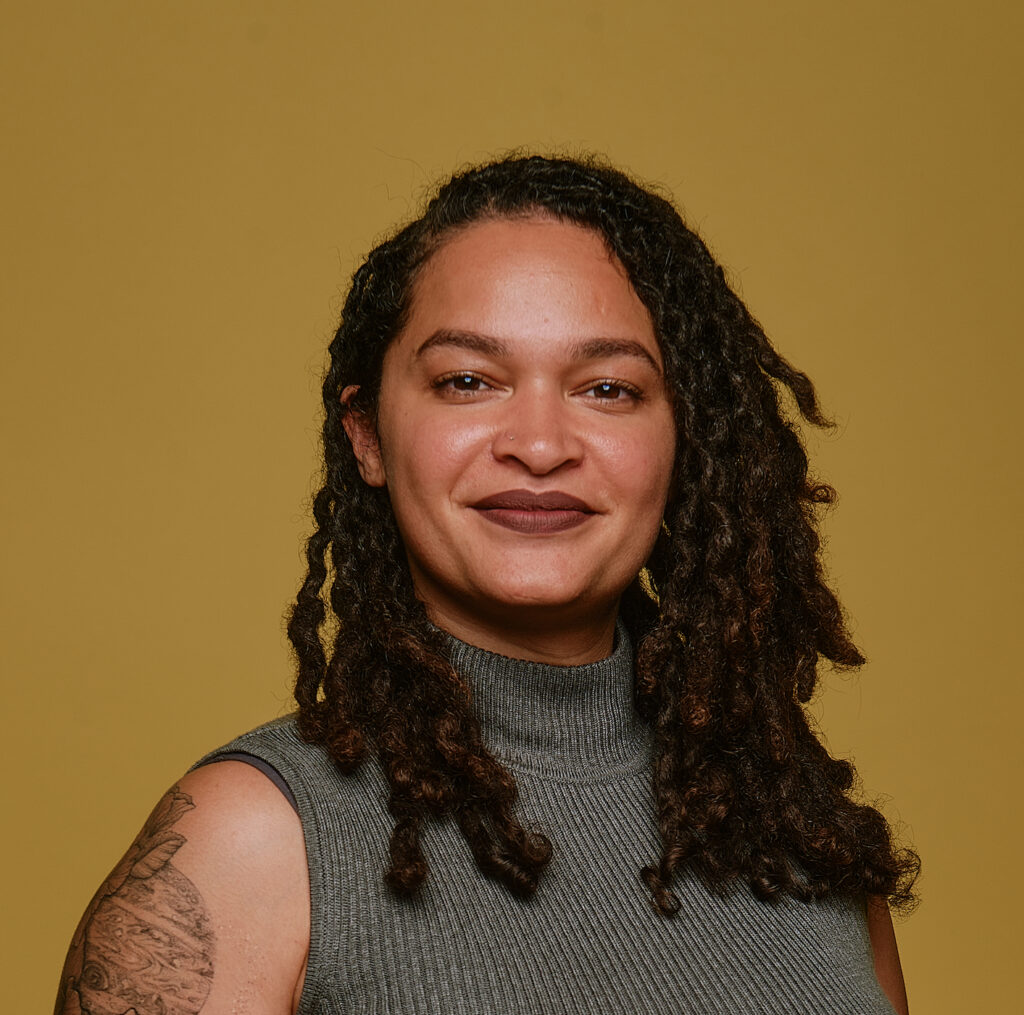
Dr. Long grew up in the Washington DC area and though she excelled in her math and science classes, she never really envisioned herself becoming a professional astronomer. For starters, few people in her immediate family had college degrees and when she expressed interest in pursuing STEM in college, a school counselor pushed her to apply for a math teaching degree. Taking this advice to heart, she began her undergraduate degree at Towson University—a well-known teaching school in Maryland—thinking that she’d become a math teacher. However, while at Towson, she realized that she “really enjoyed the actual application of math and science more than she enjoyed the teaching” and pivoted to an applied math degree, where she found herself in a GenEd astronomy class which she loved. But yet again, she was deterred from pursuing her passion when that class’s professor convinced her that there “were no jobs in astronomy.” As such, after graduating, she went on to work in consulting and business analytics in southern California. After a couple of years working in consulting, she realized that she wasn’t excited by this work and decided to seriously look into a career in astronomy.
To build up a background in physics before thinking about pursuing a Ph.D., Dr. Long enrolled in the NASA DIRECT-STEM Bridge Program at California State University, Los Angeles, which involved getting her master’s and participating in research at UC Irvine, where she would ultimately continue her graduate education into her Ph.D. During this time she began studying the formation and evolution of massive galaxies across cosmic time, a focus which she has continued into her postdoc and beyond.
In reflecting on this fairly nonlinear path into finally finding her career in astronomy, Dr. Long shared a few pieces of advice:
- “Look for as many mentors as possible. No one mentor is ever going to represent who you are,what your goals are and fully understand you, even if you share different axes of identity. There will always be a different part of you that needs support that may not be getting supported by one of your mentors, so having a wide network of support can be super helpful.”
- “Don’t ever let anyone else tell you what your goals are or what your dreams are.” Throughout her career, people have constantly tried to tell Dr. Long that her diversity work should be second priority to her science and that it wouldn’t be possible to do astronomy and outreach / inclusion work. However, tapping into her wide network of mentors, she has “found a way to do all of those things—to keep a heavy hand in the outreach / inclusion work, to get paid for some of that work, to tie it into [her] science and get rewarded and celebrated for that.”
Throughout her journey to discover her passion for astronomy, Dr. Long built up an equally impressive career in diversity work. As she began her Ph.D. at UC Irvine, she and another graduate student, Dr. Katy Rodriguez-Wimberly (who had also participated in the CalBridge program), were in the LUMA peer mentoring program with a small community of junior graduate women of color to discuss their experiences, share resources, and build a network of support for each other. Upon seeing the success of this informal group, they developed this into a formal peer mentoring program at their local campus at UCI focused on sharing the so-called ‘hidden curriculum’ of academia.
Inspired by how much she enjoyed this sort of work, Dr. Long looked to extend her mentorship reach to a larger scale and started to get more and more involved with the organization, VanguardSTEM. Her involvement with VanguardSTEM continues today, and she now serves as the Chief Programming Officer of this non-profit.
What is VanguardSTEM?
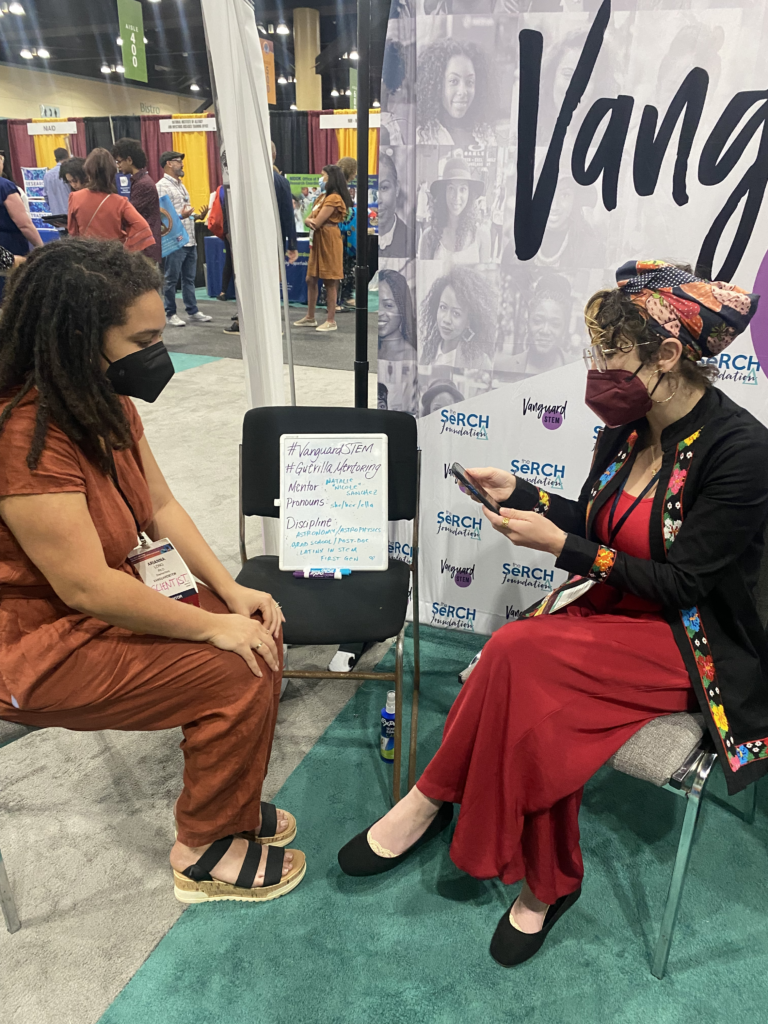
VanguardSTEM is an online platform designed to facilitate conversations and build a community between women, girls, and gender minorities of color in STEM fields. Founded by Dr. Jedidah Isler, VanguardSTEM began as an organization that worked to uplift and amplify people of color by bolstering their online presence. To expand the digital footprint for such marginalized identity groups, VanguardSTEM has worked to feature articles and interviews by scientists of color, resources which help to build up their Wikipedia presence, for example.
As a graduate student, Dr. Long met Dr. Isler and found that they shared a passion for mentorship and outreach, and VanguardSTEM was a natural way for her to broaden that engagement. As an online platform, VanguardSTEM is open to all women and non-binary scientists and provides the perfect way to connect people of color who may often be isolated in departments across the country. Building from her mentorship experience at UC Irvine, Dr. Long helped establish several new mentoring initiatives, including an undergraduate mentorship and scholarship program, in VanguardSTEM. Dr. Long emphasizes that because it is a volunteer-led platform built for the community, nearly all funding they win or receive as donations is immediately funneled back into the organization, to pay their mentors, or to sponsor undergraduates to attend conferences like the Society for the Advancement of Chicanos and Native Americans in Science (SACNAS) meetings, for example.
Since its inception in 2016, VanguardSTEM has since grown and now has three primary branches. The first is the scientific funding branch, which works as a Kickstarter-like platform to finance projects for scientists—or ‘STEM creatives’ as they call them—of all levels (from high school up to faculty!). Next, they have a digital footprint branch which works on the sort of initiatives mentioned above, supporting the online presence of STEM creatives of color. Finally, they have a mentorship branch (founded by Dr. Long!), which features efforts such as their ‘Guerilla Mentoring’ program. Through this program, members of the community come together for a sort of ‘speed mentoring’ experience-–but with more intentionality-–where mentees are paired up with mentors with shared identities in similar fields for one on one mentoring sessions. This helps widen the support network for students of color in STEM, who are often the “first” or “only” in their departments.
How does this feature into the Rainbow Village?
VanguardSTEM’s presence in the Rainbow Village is a formalization of one of their favorite programs—‘conference crashing’—wherein they set up a booth at a conference and try to create a welcoming space for STEM creatives of color. For example, they’ll be setting up a Wall of Affirmations at their booth, where members of the community can drop by and leave nice messages for each other. In addition, Dr. Long will be leading a salon-style community discussion session on a topic related to identity and self expression.
If you’re interested in hearing more about the work that Dr. Long and VanguardSTEM are doing, definitely stop by their booth at the Rainbow Village during AAS. Dr. Long will be staffing the booth for much of the meeting and VanguardSTEM is looking to recruit new team members in Spring 2024, so chatting at the booth is a perfect way to get involved. For more information about the sessions and programming schedule, check out this page.
Astrobite edited by William Lamb
Featured image credit: Dr. Arianna Long

